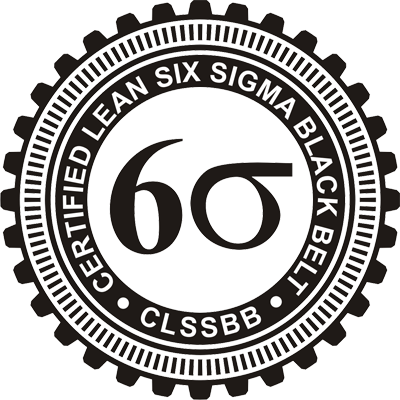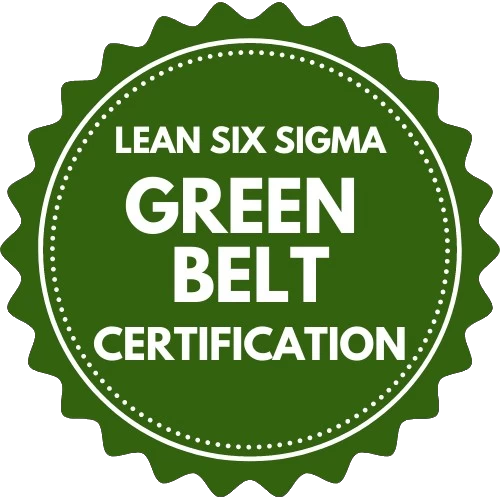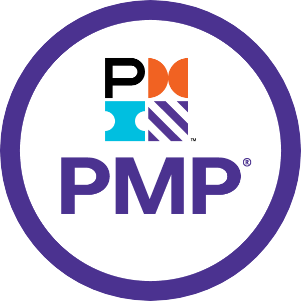Maintenance Planning & Scheduling Masterclass: Virtual Training Program

Advanced
20 hrs 0 min
Richard Overman
Maintenance & Reliability
The training will be live computer-based online training with a live instructor, conducted over 5 days, 4 hours per day. There will be opportunities for questions and answers each day covering materials from the previous day. Exercises will be included.
April 10th, 10:00 AM - 12:00 PM (lunch 12:00 - 01:00) 01:00 PM - 03:00 PM EST
April 11th, 10:00 AM - 12:00 PM (lunch 12:00 - 01:00) 01:00 PM - 03:00 PM EST
April 12th, 10:00 AM - 12:00 PM (lunch 12:00 - 01:00) 01:00 PM - 03:00 PM EST
April 13th, 10:00 AM - 12:00 PM (lunch 12:00 - 01:00) 01:00 PM - 03:00 PM EST
April 14th, 10:00 AM - 12:00 PM (lunch 12:00 - 01:00) 01:00 PM - 03:00 PM EST
Planning and scheduling are used to determine how, when and by whom maintenance tasks are performed. Every organization has purchased assets to fulfill a specific purpose. When they no longer perform that purpose, they have failed and need to be repaired, replaced, abandoned in place, or removed. The process used for performing these tasks can have a huge effect on the financial bottom line for the company. A haphazard, inefficient process can cost the company a lot of money and lost production time. A well-executed planned and scheduled process can save the company a lot of money and production time.
This interactive workshop is designed to introduce the attendee to the principles of planning and scheduling so they can more effectively address asset potential and actual failures. The attendee will understand the basic concepts and have the tools they need to work with their organization to set up an effective planning and scheduling program.
Who Will Benefit:
Executives such as VPs, Directors, Division Heads, Managers, and Superintendents who are responsible for overall asset management should attend this course to have a thorough understanding of the issues involved in RCM to make the appropriate decisions for their organization. Supervisors, technicians, planners, schedulers, and others who will be involved in performing an RCM analysis should attend so they have the basic information needed to carry out that task.
Areas Covered in the Session:
Session 1: CORE Principles of Planning and Scheduling
-
Choreography
-
Organization
-
Resources
-
Execution
Session 2: General Planning and Scheduling Principles
-
Vision/ mission
-
Have the right jobs ready to go
-
The leverage of planning
-
Separate departments
-
Scheduling principles
-
The maintenance culture
Session 3: Work Order, Planning and Scheduling Principles
-
The essence of planning and scheduling
-
Empowerment
-
Quality and productivity
Session 4: Workflow and Integration
-
Integrating proactive maintenance
-
Integrating with other aspects of plant operation
-
Workflow management
-
Work order system
-
Backlog management
Session 5: The Planning Process Application
-
Work orders
-
Planning process
-
Planning exercises
Session 6: Scheduling Process and Application
-
Weekly schedules
-
Workforce capabilities
-
Work forecasting
-
Backlog management
Session 7: Materials Management
-
Materials management
-
Kitting
-
Staging
Session 8: Successful Shutdown Maintenance Planning
-
Outage plans
-
Controlling scope
-
Organizing shutdowns
-
Executing shutdowns
-
Barriers and aids analysis
Why you should attend:
The attendee will be better suited to manage, participate in and benefit from a more efficient and effective maintenance program. You will gain knowledge and insight that will enhance your career potential and increase your job effectiveness. These skills transcend the maintenance work order process and can be applied to all aspects of your work and personal life.
What you'll learn?
After this program you will be able to:
-
Explain what planning and scheduling are and what they are not
-
Describe the planning and scheduling processes
-
Relate how planning and scheduling lead to a highly effective maintenance process
-
Organize plant assets to perform the maintenance
-
Determine the right planning and scheduling to do to effect maintenance task execution
-
Know what needs to be done to implement planning and scheduling for maintenance shutdowns
-
Be able to make decisions about how to effectively use planning and scheduling in your organization
There have been no reviews for this product yet.
Speaker Profile
Dr. Richard (Rich) Overman
Rich Overman, Ph.D. CMRP, CRMT, and CRL have over 35 years of experience in working with companies and facilities to improve their organization as well as their equipment maintenance and reliability. He is the author of the internationally known book “Reliability Centered Asset Management”. His experience covers many industries including higher education, jet aircraft, nuclear power plants, mining, petrochemical, pharmaceutical, and nuclear fuel conversion. He is an expert in process design, FMECA, RCM, life cycle cost analysis, and other aspects of equipment maintenance and reliability.
An internationally known speaker, trainer, and author, Rich has spoken at numerous conferences and was invited to be an eminent speaker for the Maintenance Engineering Society of Australia (MESA). His paper at the MESA annual conference, “The Core Principles of Reliability-Centered Maintenance” was published in the Asset Maintenance Management Journal (V22. N1). He has taught courses on Maintenance and Reliability Best Practices and Reliability-Centered Maintenance (RCM) in the USA, Canada, Malaysia, Dubai, Abu Dhabi, Suriname, Israel, Papua New Guinea, and Australia. He also authored the book, “Versatile Reliability-Centered Maintenance” and was on the team that wrote the original Society for Automotive Engineers RCM standards, JA1011 and JA1012. Most recently, he published the book Reliability Centered Asset Management.
Other publications include:
“Precision Maintenance: Making your maintenance event a pit stop”, Pumps & Systems, Jan 2008
“CORE Principles of Precision Maintenance”, Uptime, Dec 2007
Newsletter
Email us, receive newsletter brouchers and webinar related
Any Queries
Call us and Mail us hear back from our webinar representative






